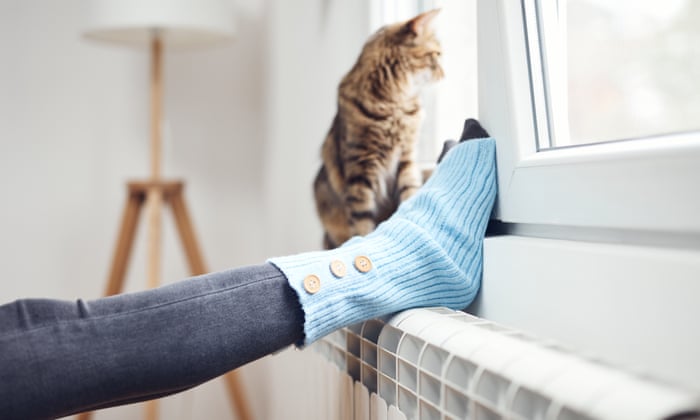Myth 1: The ideal room temperature is 21C
We often keep our homes warmer than necessary. While a few degrees might not sound like much, it makes a big difference in terms of the overall energy output and cost. We might think we need our home to be set to around 21C, but in reality a little lower is more than sufficient. The World Health Organization suggests 18C is the ideal room temperature for healthy and appropriately dressed people, while The Sleep Charity recommends a bedtime temperature between 16C and 18C for optimum sleep.
Myth 2: Boilers are the most efficient way to heat your home
While in the UK many of us have relied on traditional gas boilers for generations, our European neighbours have been switching to heat pumps. These home heating devices are a modern, low-carbon and economical solution for creating a cosy home. Working much like a fridge or air conditioning unit, they use evaporation and condensation to create heat energy without the need for any fossil fuels.
Recent research from Oxford University and the Regulatory Assistance Project, an independent, NGO advancing energy policy innovation, found that even at temperatures as cold as -30C, heat pumps outperform oil and gas heating systems. With the government boiler upgrade scheme recently being upped from £5,000 to £7,500 for homeowners in England and Wales, the grant aims to take the cost of installing an air source heat pump below that of the average gas boiler.
Myth 3: Your heating system doesn’t need annual maintenance
To ensure your heating works efficiently, it needs regular TLC. While a noisy radiator or one with cold patches is always a sign they need to be bled, doing it regularly is an easy task that can really improve the energy efficiency of your house and cut back on costs. When you bleed radiators, it releases the trapped air pockets which reduces the pressure in the radiator and ensures all the water inside can be heated efficiently. It’s a very simple and free process that you do yourself – check out a simple guide here.
The health of your wider central heating system and boiler naturally also affect how warm your home is and how efficiently it is being run. It makes sense to book in for an annual check, like a boiler service, to see how your heating is doing and fix any niggles – that way you avoid being hit with emergency costs when there is a major issue.
Myth 4: Solar panels only work when it’s sunny
You might think that you need to be in a sunny climate for solar panels to provide you with extra power, but that’s not the whole story. While maximum efficiency is achieved when the sun is shining, electricity can still be produced on cloudy days and in the winter. That’s because there’s still sunlight that can be converted to energy – solar panels absorb energy from the light spectrum, along with wavelengths that pass through clouds. Believe it or not, some rain can also help, by washing away dirt or debris from your panels.
Myth 5: Once you have insulation, you don’t need to update it
Investing in insulation is one of the best things you can do to improve the efficient running of your heating. When a home is well insulated, it traps the heat inside better, which means your heating system can work more easily. As a result, you can save on fuel and cut back on costs. While new buildings may come with good built-in insulation, if you live in an older property, you might be best off investing in insulation. Popular and effective types of insulation you can add include roof and loft insulation, cavity wall insulation and floor insulation – you should also check that older insulation is upgraded to meet the latest standards. Tricks such as adding thick curtains or draught excluders can also make a difference at a cheaper cost.
From heat pumps to insulation, solar panels and more, explore ways the government can support you at gov.uk/energy-efficient-home.







